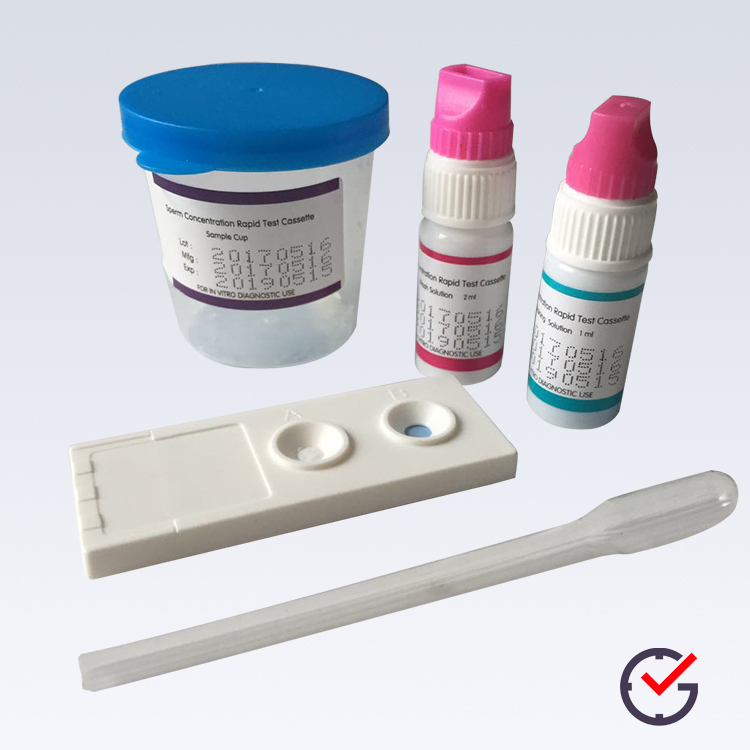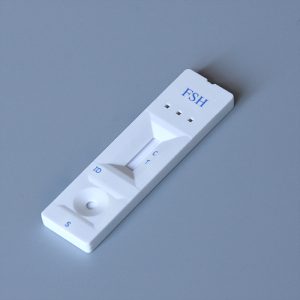If you are trying to conceive or just curious about your reproductive health, you might be interested in sperm concentration test kits. These are at-home tests that measure how many sperm are in a sample of semen. Sperm concentration is one of the factors that affect male fertility, along with sperm motility (how well they move) and sperm morphology (how normal they look).
Why test sperm concentration?
Sperm concentration, also known as sperm count, is the number of sperm per milliliter of semen. The World Health Organization (WHO) defines a normal sperm concentration as 15 million or more sperm per milliliter. A low sperm concentration is one of the most common causes of male infertility. It can be caused by various factors, such as:
– Hormonal imbalances
– Genetic conditions
– Infections
– Varicocele (swelling of the veins in the scrotum)
– Smoking, alcohol, drugs, and environmental toxins
– Medications and treatments
– Lifestyle factors, such as stress, obesity, and heat exposure
Testing your sperm concentration can help you identify if you have a potential fertility problem and seek medical advice if needed. It can also help you monitor your sperm health over time and see if any changes in your lifestyle or treatment improve your sperm quality.
How do sperm concentration test kits work?
Sperm concentration test kits are easy to use and can be done in the privacy of your home. They usually involve the following steps:
– You collect a semen sample by masturbating into a sterile container.
– You wait for the semen to liquefy (usually 15 to 30 minutes).
– You use a pipette or syringe to transfer a small amount of semen to a testing device.
– You wait for a few minutes for the device to display the results.
The results are usually shown as a color change, a line, or a digital reading that indicates whether your sperm concentration is above or below a certain threshold. Some kits also provide an estimate of your actual sperm count in millions per milliliter.
How accurate are sperm concentration test kits?
Sperm concentration test kits vary in their accuracy and reliability. Some factors that can affect the accuracy of the test include:
– The quality and design of the kit
– The method of semen collection and transfer
– The timing and interpretation of the results
– The variability of sperm concentration within and between ejaculates
According to a review of studies, most sperm concentration test kits have a sensitivity (ability to detect low sperm count) of 80% to 100% and a specificity (ability to detect normal sperm count) of 60% to 100%. This means that they are more likely to correctly identify low sperm count than normal sperm count.
However, these tests are not as comprehensive or accurate as a semen analysis done by a laboratory. A semen analysis can measure other aspects of sperm quality, such as motility and morphology, and check for infections or antibodies that can affect fertility. A semen analysis can also provide more precise and consistent results.
Therefore, it is recommended that you do not rely solely on a sperm concentration test kit to diagnose or rule out male infertility. If you have any concerns about your fertility or reproductive health, you should consult your doctor and get a referral for a semen analysis.
Summary
Sperm concentration test kits are at-home tests that measure how many sperm are in a sample of semen. They can help you monitor your reproductive health and identify potential fertility problems.





